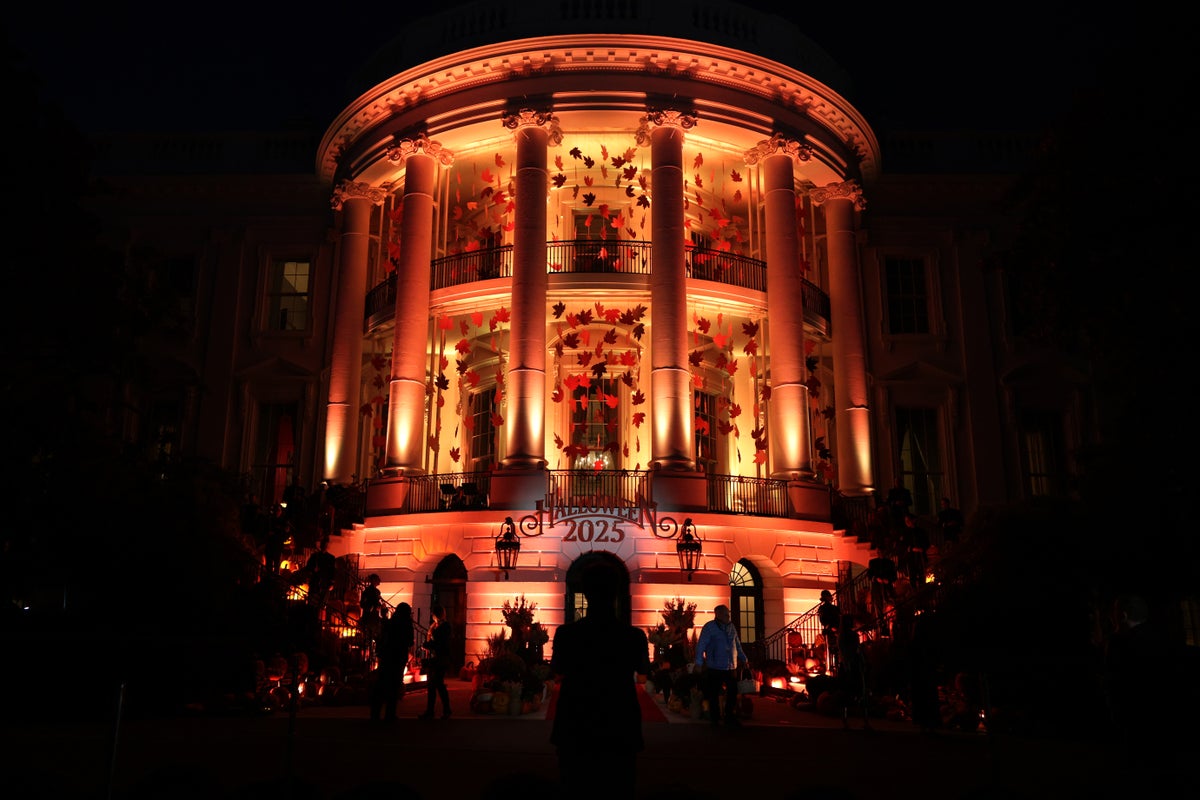What are Americans afraid of more than anything else?
Surprisingly, it’s not spiders, flying or public speaking.
Government corruption tops the list for the 10th consecutive year, according to researchers at Southern California’s Chapman University. Nearly 70 percent of more than 1,000 respondents to the school’s 11th annual FEAR survey said they were either “afraid” or “very afraid” of corruption in government – a sentiment that was felt across party lines.
“Majorities of Americans across partisan lines share this fear, which our analysis suggests stems from their perception that money has distorted the political process, and that powerful and resourceful interests achieve their goals even at the expense of the public good and voter preferences,” Dr. Steven Pfaff, a professor of sociology at Chapman, observed.
Participants were asked about 65 fears that included political, health, water pollution and artificial intelligence.
The second-most held fear for those surveyed was people they love becoming seriously ill, which held the same spot last year.
Economic or financial collapse, cyber-terrorism and people they loved dying closed out the top five.
The U.S. being involved in another world war was number six, drinking water pollution was seven, then Russia using nuclear weapons, ocean and other water body pollution and the government tracking personal data rounded out the top 10.
Chapman said that while many of the top fears reflect legitimate concerns, people’s perception often does not reflect reality. For example, concerns about economic collapse tend to mirror political and media discourse, they said.
“People have greater access to information than ever before, but they’re also more exposed to commentary and imagery designed to evoke emotion,” Dr. Edward Day, an associate professor of sociology at Chapman, explained in a release shared with the findings.
“Understanding how fear works helps us distinguish between what feels dangerous and what actually is,” he said.
Fear is a strong emotion that can be triggered by a lot of things — but it also causes a physical response.
It starts in an almond-shaped part of the brain called the amygdala, which helps us process emotions, and activates the parts of the body needed for a “fight or flight” response and triggers stress hormones.
But what is behind our fears is more complicated, the researchers pointed out.
“Understanding what we’re afraid of isn’t about stoking anxiety, it’s about putting those fears into context,” Dr. Christopher Bader, a professor of sociology at Chapman and the study’s lead researcher, noted.
He said that events on social media and other media platforms are often rare and unusual, but can feel like daily threats to the public because they’re consistently highlighted.
“Recognizing that difference helps us regain perspective and power over our own emotions,” Bader said.

